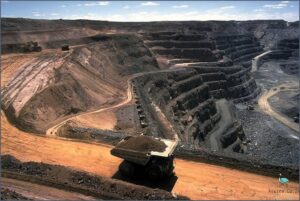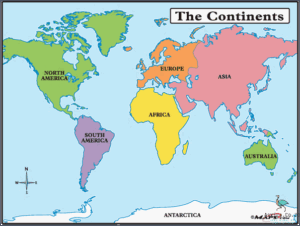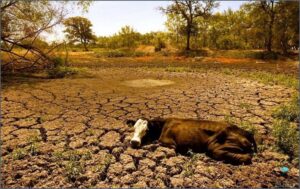
Water shortages are a major problem in South Africa. They are caused by a number of factors, including climate change, drought, poor water management, and population growth. The consequences of water shortages are far-reaching and can include economic, social, and environmental problems.
Water shortages can lead to a decrease in crop yields, which can in turn lead to higher food prices and food insecurity. They can also lead to a decrease in hydropower generation, which can lead to power shortages and blackouts. In addition, water shortages can lead to health problems, as people may not have access to clean drinking water.
Water shortages can also lead to environmental problems. For example, they can cause water stress, which can lead to the death of plants and animals. In addition, water shortages can lead to dust storms and wildfires.
The consequences of water shortages are severe and far-reaching. They can have a negative impact on the economy, society, and the environment. It is therefore important to take action to address the problem of water shortages in South Africa.
Contents
What Are The Consequences Of Water Shortages In South Africa
Water shortages in South Africa are a major problem due to the country’s drought-prone climate. This has caused a decrease in water availability, leading to issues such as crop failure, water-borne diseases, and water stress for people, animals, and agricultural land. It has also affected the economy, with some businesses being unable to operate due to the lack of water. Additionally, the water crisis has caused a rise in water prices, making it difficult for people to access water in their homes. Furthermore, it has caused an increase in migration of people to urban centres, where water is more readily available. These issues have had a detrimental effect on the lives of many South Africans and will continue to do so unless the water crisis is addressed.
Causes of Water Shortages in South Africa
Water shortages are becoming a growing problem in South Africa, with increasing water scarcity and a fragile water supply. South Africa is an arid country, with only 8% of its land covered by water. This means that a majority of the population must rely on the limited supply of water for their daily needs.
The primary cause of water shortages in South Africa is over-extraction. As the population grows, more water is being taken from the already limited supply. This leads to water scarcity and a decline in water quality, as the water is not being replenished at the same rate as it is being taken out.
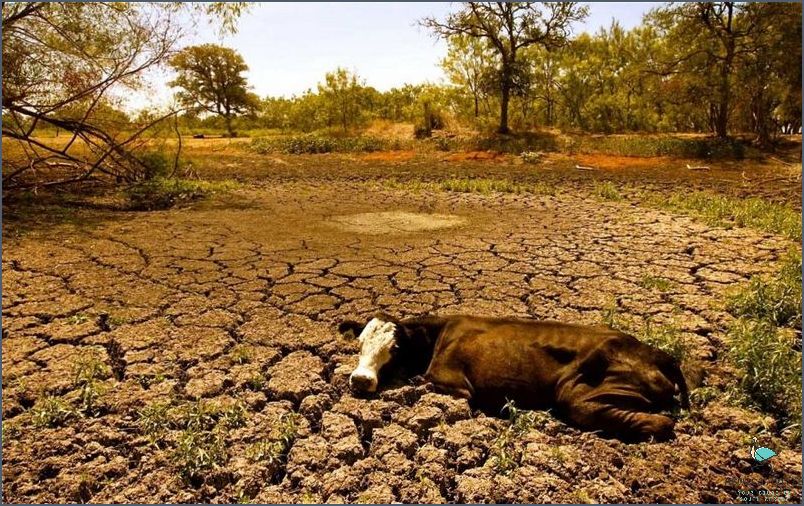
In addition to over-extraction, climate change is also playing a role in water shortages in South Africa. Climate change is causing temperatures to rise, leading to more frequent and severe droughts. This reduces the amount of water available in the country, as rain is not falling as much as it used to.
Poverty is another major factor contributing to water shortages in South Africa. Many people live in rural areas without access to clean drinking water. This leads to people relying on contaminated sources of water, which can lead to serious health implications.
The consequences of water shortages in South Africa are far-reaching. High levels of water stress lead to a decrease in agricultural productivity, which can lead to food insecurity. Water shortages can also lead to conflict between communities, as access to water becomes increasingly scarce.
Overall, water shortages in South Africa are a major issue that must be addressed. The government must take action to protect the country’s water supply and ensure that everyone has access to clean and safe drinking water.
Impact on Human Health
South Africa is a country that is no stranger to water shortages. For years, the nation has struggled to provide enough water for its citizens, leading to significant consequences for human health.
The lack of clean and safe drinking water in South Africa can have serious implications for public health. Without access to safe water, people are more likely to suffer from waterborne illnesses, such as diarrhoea, cholera, and typhoid. These diseases can be life-threatening and are especially dangerous for vulnerable populations, such as children and the elderly.
Water shortages can also have an indirect impact on human health. When people lack access to clean water, they are more likely to resort to using unhealthy and dangerous alternatives. This could include drinking untreated water from rivers or using unsafe storage containers, both of which can cause serious health problems.
The lack of water can also lead to food insecurity and malnutrition, as people may not have the resources to grow or purchase food. This, in turn, can lead to an increase in chronic illnesses, such as diabetes, heart disease, and obesity.
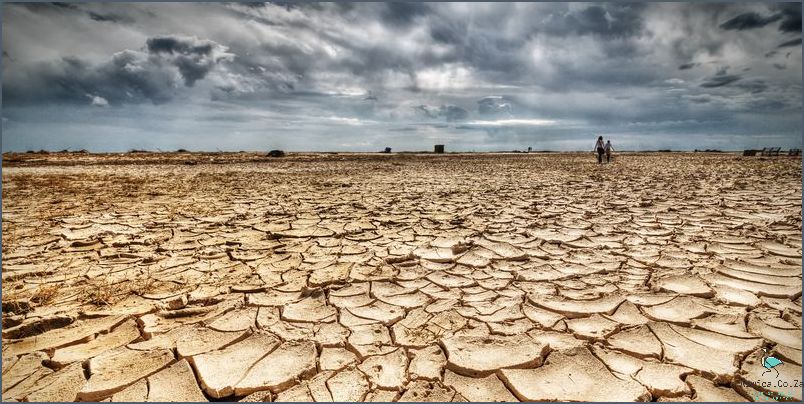
In addition, water shortages can also cause environmental issues, leading to further health problems. For example, the lack of water can lead to drought and desertification, making it difficult for communities to access the resources they need. This can lead to an increased risk of vector-borne illnesses, such as malaria, dengue fever, and West Nile virus.
Ultimately, water shortages in South Africa have serious consequences for human health. Without access to clean, safe water, people are at risk of waterborne illnesses and have a higher risk of malnutrition, food insecurity, and vector-borne illnesses. It is essential that the government takes steps to address water shortages in order to protect the health of its citizens.
Impact on the Environment
South Africa is a harsh environment and one of the most water-stressed countries in the world. Water shortages in South Africa can have devastating consequences for the environment, economy, and local communities.
The most obvious consequence of water shortages in South Africa is the impact on local ecosystems. With water becoming scarce, vegetation and fauna suffer from the lack of access to a vital resource. This can cause a range of issues, from species extinction and habitat destruction to a decrease in food sources for animals and humans alike.
The economic effects of water shortages are also severe. Many businesses rely on access to water for production, meaning that water shortages can cause a disruption to the supply chain. In addition, farmers and agricultural businesses that depend on access to water for irrigation are particularly vulnerable to water shortages. This can lead to crop failure and a decrease in food production, along with a decrease in economic activity and job losses.
The local communities affected by water shortages in South Africa suffer from a number of direct and indirect consequences. Without access to water, people are unable to meet their basic needs, such as drinking, cooking, and bathing. This can result in poor hygiene, leading to an increase in water-borne diseases. Additionally, water shortages can lead to conflict between communities as they compete for access to scarce resources.
Water shortages in South Africa can have profound and far-reaching effects on the environment, economy, and local communities. It is essential that the government and local communities take action to address this issue and ensure that access to water is available for all.
Conclusion
In conclusion, water shortages in South Africa have severe consequences for the country’s population and environment. The lack of access to clean drinking water has contributed to the spread of waterborne diseases, increased levels of poverty, and decreased agricultural productivity. Furthermore, the contamination of rivers and other water sources has caused a decrease in biodiversity and has damaged the environment. These consequences have far-reaching implications and have made it difficult for South Africans to lead healthy, productive lives. It is crucial that the South African government and its citizens take measures to mitigate the effects of water shortages and ensure that everyone has access to clean drinking water.


